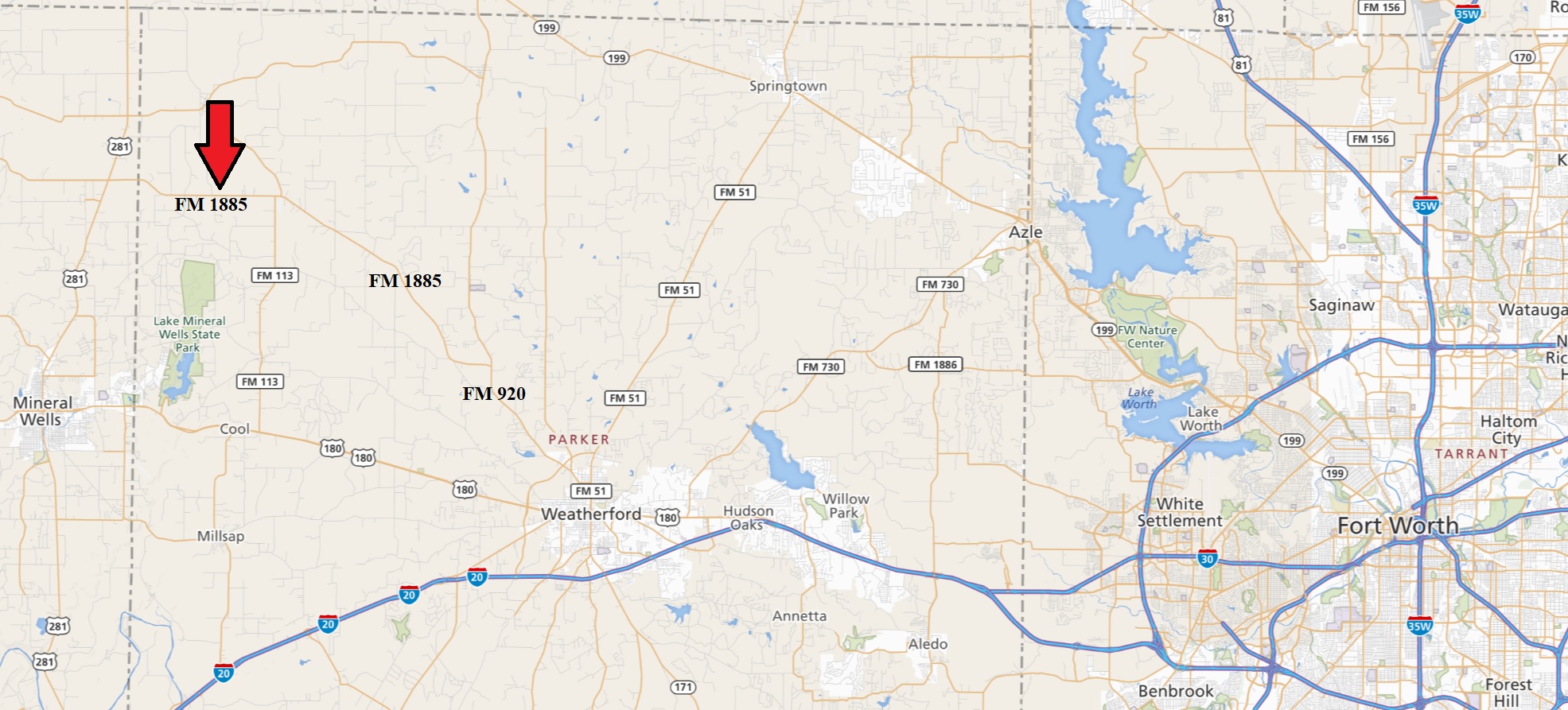A Deep Dive Into Local Governance

When it comes to understanding local governance, the Hunt County CAD (Central Appraisal District) plays a pivotal role in shaping the economic landscape of the region. This organization is responsible for appraising properties, collecting taxes, and ensuring fair valuation for all residents. As one of the key entities in Hunt County, it is essential to explore the functions, significance, and operations of the CAD to understand how it impacts the community.
The Hunt County CAD is tasked with the vital responsibility of property appraisal, which affects property taxes and overall community funding. With a mission to serve the public, the CAD focuses on transparency, accuracy, and efficiency in its operations. As the county continues to grow, the importance of a well-functioning appraisal district becomes even more critical, influencing everything from local schools to emergency services.
In this article, we will delve deeper into the workings of the Hunt County CAD, addressing common inquiries and shedding light on the implications of its function in daily life. Whether you're a resident, a property owner, or simply curious about local governance, understanding the CAD is crucial to navigating the complexities of property ownership and taxation in Hunt County.
What is the Role of the Hunt County CAD?
The Hunt County CAD is responsible for appraising properties in the county for tax purposes, ensuring that property values are assessed fairly and accurately. This includes residential, commercial, and industrial properties. The CAD works closely with local governments to provide necessary funding for public services through property taxes.
How Does the Hunt County CAD Affect Property Taxes?
Property taxes are a primary source of funding for local services such as schools, roads, and emergency services. The Hunt County CAD determines the value of properties, which in turn influences the amount of tax levied. A higher appraisal value can lead to increased taxes, while a lower value may provide some relief for property owners.
What Processes are Involved in Property Appraisal?
The property appraisal process at the Hunt County CAD involves several steps:
- Data Collection: Gathering information about properties including size, location, and condition.
- Market Analysis: Evaluating comparable properties and market trends to determine fair value.
- Valuation: Applying appraisal methods to establish a property value.
- Notification: Informing property owners of their appraised values and any changes.
Who Oversees the Hunt County CAD?
The Hunt County CAD is governed by a board of directors, which is composed of local officials and community members. This board is responsible for setting policies, approving budgets, and ensuring that the CAD operates within legal and ethical guidelines.
How Can Residents Appeal Their Property Appraisal?
If property owners believe their appraisal is inaccurate, they have the right to appeal. The process generally involves:
What Resources are Available for Property Owners?
The Hunt County CAD offers various resources to help property owners understand their assessments and the appraisal process. These include:
- Online access to property records and valuation data.
- Guidance on the appeals process and deadlines.
- Workshops and informational sessions to educate the public about property taxation.
What is the Impact of Hunt County CAD on Local Development?
The Hunt County CAD not only affects property taxes but also plays a significant role in local development and planning. Accurate property valuations can influence investment decisions, zoning changes, and the overall growth of the community.
How Does the Hunt County CAD Ensure Transparency?
Transparency is crucial for maintaining public trust. The Hunt County CAD ensures transparency by:
- Publishing annual reports detailing appraisal values and tax rates.
- Providing public access to board meetings and decisions.
- Offering online resources for residents to track property information and tax changes.
What Challenges Does the Hunt County CAD Face?
Like many appraisal districts, the Hunt County CAD faces challenges such as fluctuating real estate markets, budget constraints, and the need for technological advancements. Addressing these challenges is essential for maintaining effective operations and serving the community adequately.
Conclusion: The Importance of Hunt County CAD in Community Development
In conclusion, the Hunt County CAD plays a vital role in the economic and civic framework of the community. Understanding its functions, processes, and implications empowers residents and property owners to engage more effectively with local governance. Whether dealing with property taxes, appeals, or community development, the CAD remains a cornerstone of Hunt County's growth and sustainability.
ncG1vNJzZmirn521b6%2FOpmasp5idu6bD0qCcq7FoZLW2utNmmqitnqnGbq%2FAnWWhrJ2h